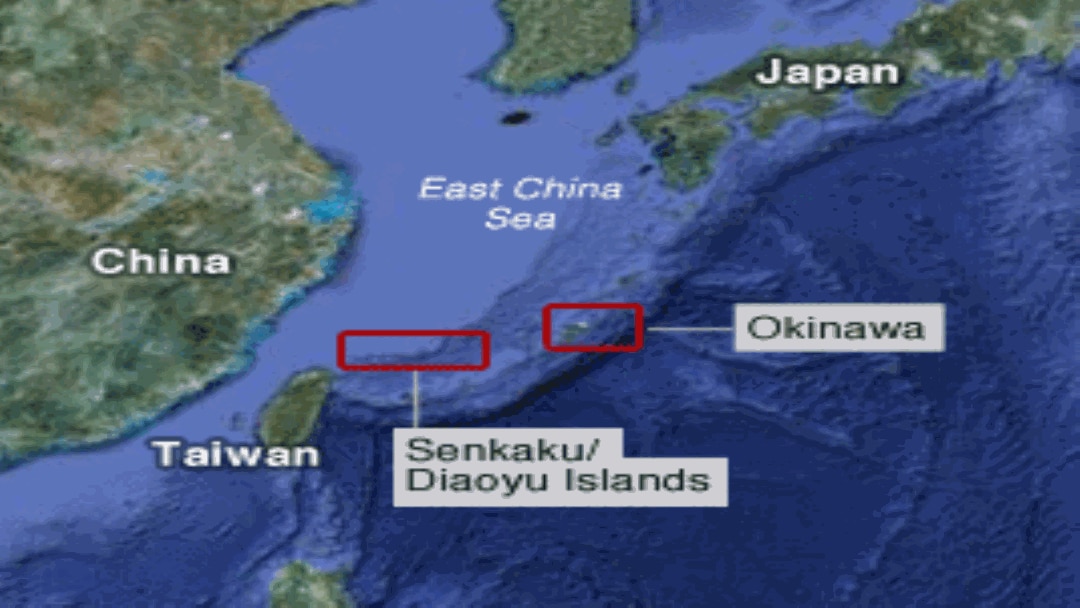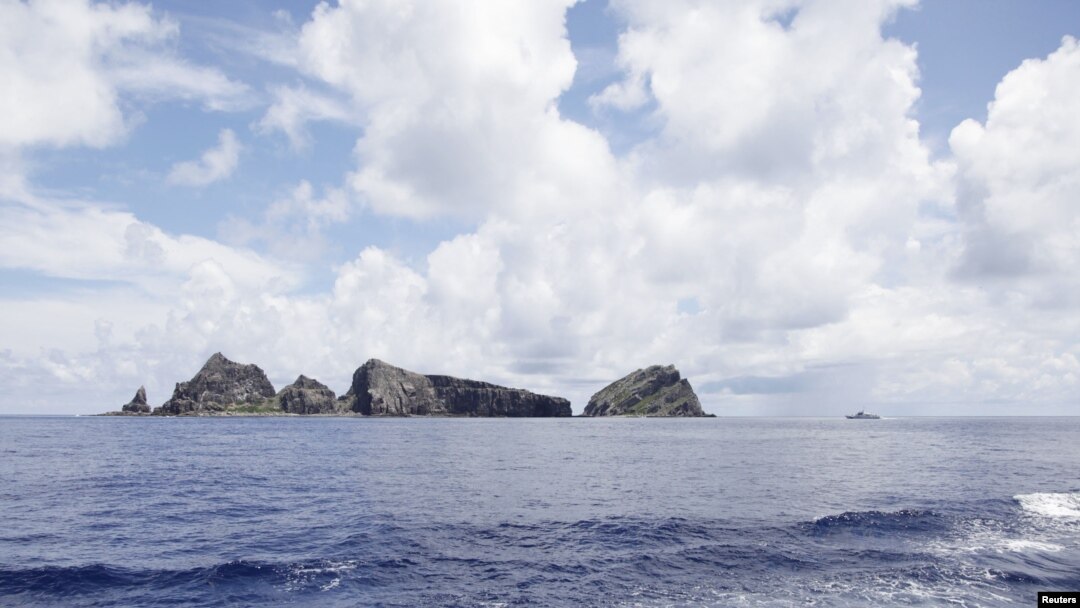BEIJING —
China has warned Japan its decision to purchase disputed islands in the East China Sea could have an impact on trade between the two Asian economies.
The last time China and Japan got into a dispute about the islands in the East China Sea, Beijing responded by blocking the export of a crucial high-tech resource known as rare earths.
It is unclear what actions it may take this time, but Chinese officials are already making it clear that there will be repercussions if Japan does not back down. The islands have been owned for decades by a Japanese family and are reportedly being sold to Japan's government for about $26 million.
Jiang Zengwei, China’s vice minister of commerce, says with Japan’s so-called purchase of the islands, it will be hard to avoid any negative consequences for economic and trade ties between the two countries.

Jiang hinted that the Chinese government would not see anything wrong with the peaceful boycott of Japanese goods.
Jiang says that, although he has not seen any actions by Chinese consumers in response to the Japanese violation of Chinese territorial sovereignty, he thinks that would be their right to express their views and stance in a reasonable manner.
China is Japan’s largest trading partner, and trade between the two countries accounts for more than 20 percent of Tokyo’s external trade, analysts say.
Trade grew to a record $345 billion last year alone.
Last week, a Japanese motor executive said rising tensions between the two countries were having an impact on business.
But Richard Broinowski, a former Australian diplomat to Japan and South Korea says it is hard to imagine the dispute will have a major impact on the two countries trading relations.
“There will be a fair bit of blather, a fair bit of hot air, some indignation, perhaps some kind of trade rebukes at the margin, but I do not think it will have very much to do with the enormously intricate and immensely valuable bilateral trade between China and Japan,” Broinowski said.
Meanwhile, protests continue outside the Japanese embassy in Beijing, where police allowed groups of several dozen demonstrators shouting slogans and singing the Chinese national anthem to pass by the embassy.
The last time China and Japan got into a dispute about the islands in the East China Sea, Beijing responded by blocking the export of a crucial high-tech resource known as rare earths.
It is unclear what actions it may take this time, but Chinese officials are already making it clear that there will be repercussions if Japan does not back down. The islands have been owned for decades by a Japanese family and are reportedly being sold to Japan's government for about $26 million.
Jiang Zengwei, China’s vice minister of commerce, says with Japan’s so-called purchase of the islands, it will be hard to avoid any negative consequences for economic and trade ties between the two countries.

The Senkaku/Diaoyu Islands
Calls are growing for Chinese consumers to boycott Japanese goods and cancel travel plans to the country.Jiang hinted that the Chinese government would not see anything wrong with the peaceful boycott of Japanese goods.
Jiang says that, although he has not seen any actions by Chinese consumers in response to the Japanese violation of Chinese territorial sovereignty, he thinks that would be their right to express their views and stance in a reasonable manner.
China is Japan’s largest trading partner, and trade between the two countries accounts for more than 20 percent of Tokyo’s external trade, analysts say.
Trade grew to a record $345 billion last year alone.
Last week, a Japanese motor executive said rising tensions between the two countries were having an impact on business.
But Richard Broinowski, a former Australian diplomat to Japan and South Korea says it is hard to imagine the dispute will have a major impact on the two countries trading relations.
Japan and China's Disputed Islands
Japan and China's Disputed Islands- Known as Senkaku in Japanese and Diaoyu in Chinese
- Uninhabited archipelago of 8 islands
- Located in gas-rich area and surrounded by rich fishing grounds
- The islands have a land area of about 6 square kilometers
Meanwhile, protests continue outside the Japanese embassy in Beijing, where police allowed groups of several dozen demonstrators shouting slogans and singing the Chinese national anthem to pass by the embassy.


